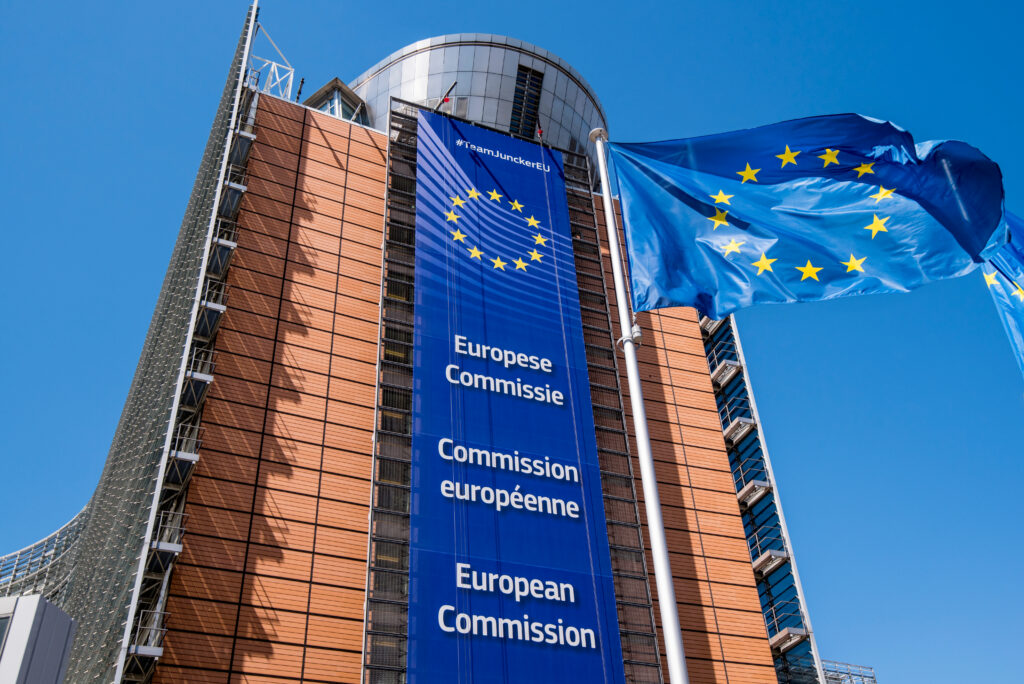Ursula von der Leyen’s new European Commission narrowly won approval from the European Parliament, securing just 370 votes—54% of votes cast and 51% of the total Members of Parliament (MEPs). This represents the slimmest majority in the EU’s history for confirming a Commission, signaling deep fractures within the legislative body.
The traditional centrist coalition of the European People’s Party (EPP), Socialists and Democrats (S&D), and Renew Europe failed to secure a simple majority, achieving only 308 votes collectively. Discontent within these groups weakened support: Spain’s Partido Popular (EPP) opposed the inclusion of Spanish Vice President Teresa Ribera from rival PSOE, while some S&D members objected to the appointment of conservative Italian Raffaele Fitto as vice president.
Further complicating the political landscape, the Greens and the European Conservatives and Reformists (ECR)—potential swing factions—were split. Some Green MEPs voted in favor of the Commission but criticized its perceived rightward shift, while others voted against it entirely. Meanwhile, ECR lawmakers who backed the Commission cited hopes of reversing environmental policies such as the Green Deal, although key delegations within the group, such as Poland’s PiS party, opposed the new leadership.
This fragmented Parliament means that the Commission will have to rely on shifting alliances to pass legislation. EPP veteran David McAllister expressed optimism about finding consensus with either the Greens or the Conservatives on specific issues, but ideological rifts between these groups may limit consistent cooperation.
Ursula von der Leyen, aware of the tenuous support, avoided mentioning a specific majority in her address, instead calling for collaboration with “pro-EU” and “pro-rule of law” factions. The approach highlights the challenges ahead for achieving cohesive policymaking during her term.
Despite these divisions, German Socialist MEP René Repasi remains hopeful, emphasizing the importance of committee-level compromises to drive legislative progress. However, the lack of a stable majority suggests an unpredictable future for the EU’s legislative agenda under von der Leyen’s leadership.
